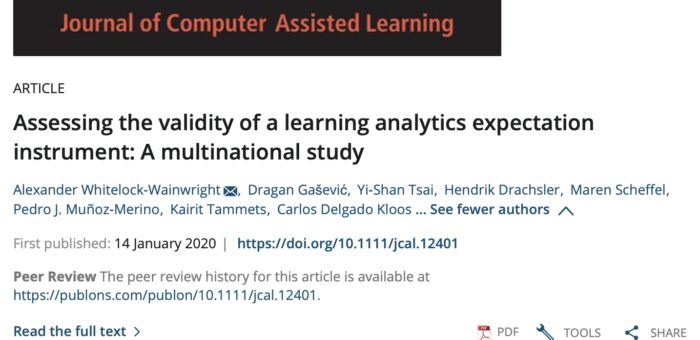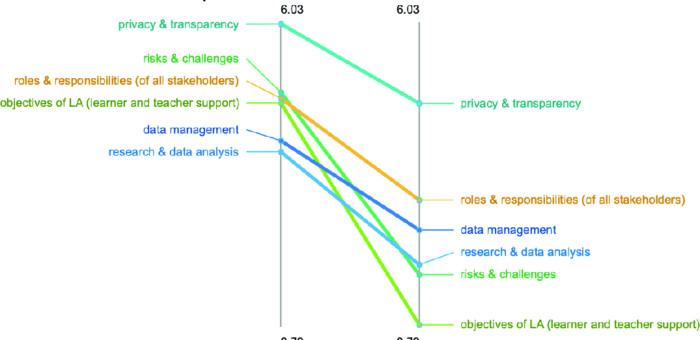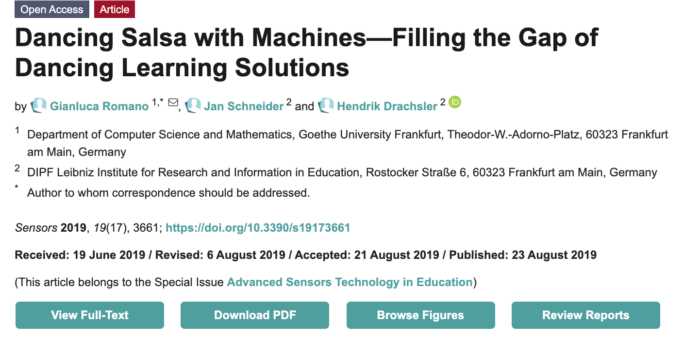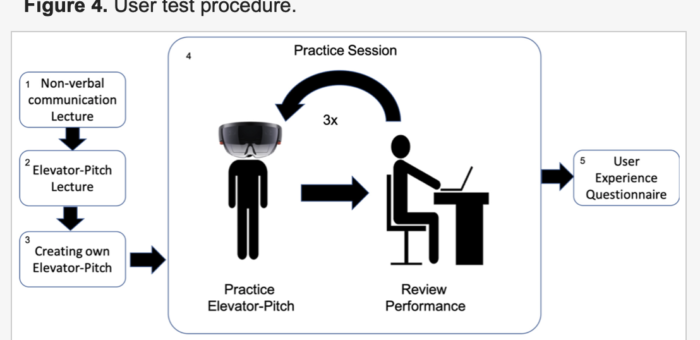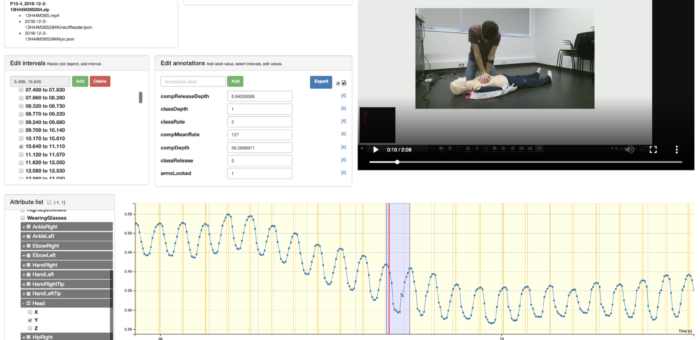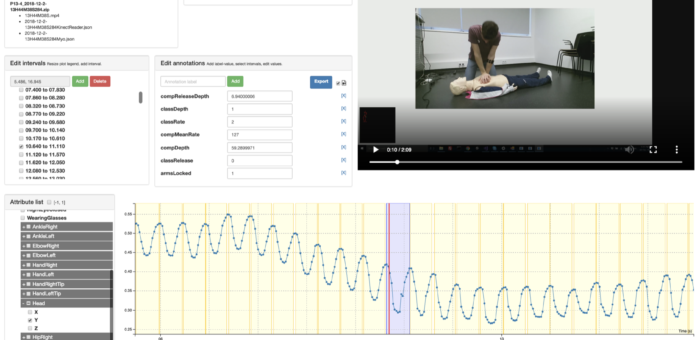Schneider, J., Romano, G., & Drachsler, H. (2019). Beyond Reality—Extending a Presentation Trainer with an Immersive VR Module. Sensors, 19(16), 3457. The development of multimodal sensor-based applications designed to support learners with the improvement of their skills is expensive since most of these applications are tailor-made and built from scratch. In this paper, we show how the Presentation Trainer (PT), a multimodal sensor-based application designed to support the development of public speaking skills, can be modularly extended with a Virtual Reality real-time feedback module (VR module), which makes usage of the PT more immersive and comprehensive. The described study consists of a formative evaluation and has two main objectives. Firstly, a technical objective is concerned with the feasibility of extending the PT with an immersive VR Module. Secondly, a user experience objective focuses…


